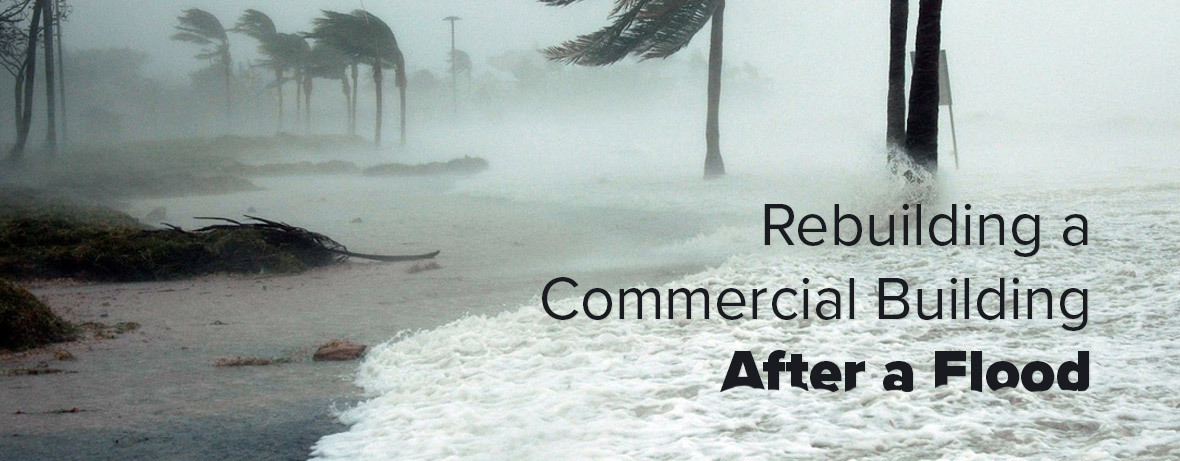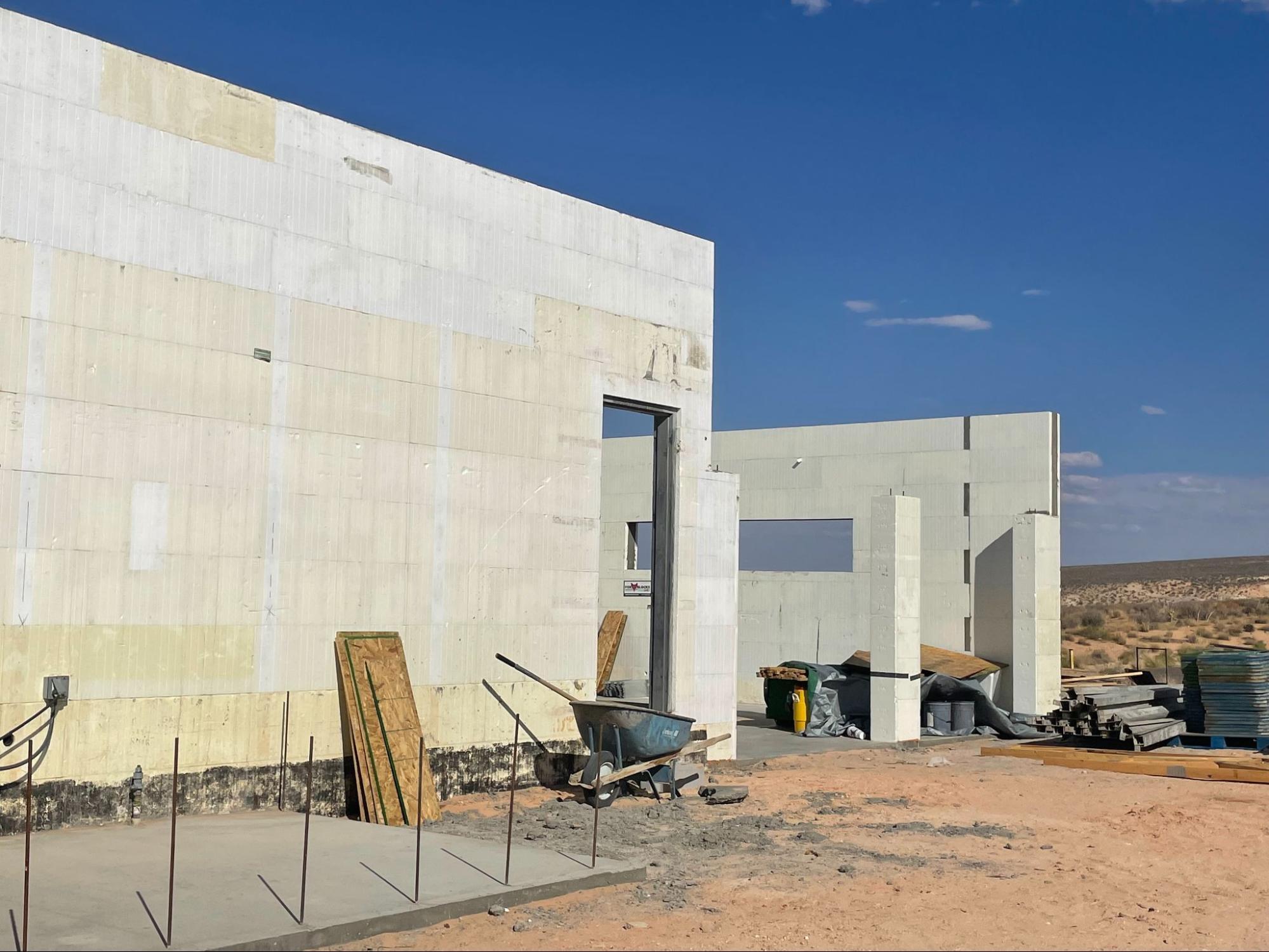3 Reasons Why ICFs and Swimming Pools are a Great Match
There are many reasons to use ICFs for your new swimming pool, but here are our top three.

Rebuilding a Commercial Building After a Flood

What is the R-Value of Concrete? How to Maximize Wall Insulation with ICFs

ICF Construction in Texas - Everything You Need to Know

How to Build a Guest House: Costs, Speed, and Energy Savings

7 Home Building Trends for 2022

3 Problems with Autoclaved Aerated Concrete Blocks

How to Build a House Foundation: 7 Steps to get a Solid Foundation

What is the Optimal Foundation Wall Thickness?
A concrete foundation wall’s thickness plays an integral role in its long-term strength and durability. Local building codes mandate the foundation specifications, addressing conditions that affect the foundation thickness.

5 Common Misconceptions About ICF Construction
ICF construction creates modern structures that are energy-efficient, durable, disaster-resistant, and have good indoor environmental quality (IEQ). ICF construction is also strong, flexible, fast and easy to install. Unfortunately, even with these many benefits, some architects and contractors are reluctant to utilize it due to misconceptions about ICF construction.